Solving urban flooding is a key issue
Giving opinions on the draft Law on Construction (amended) on the morning of November 6, delegates discussing in Group 4 (including the National Assembly delegations of Khanh Hoa , Lai Chau and Lao Cai provinces) all agreed on the necessity of promulgating the Law to ensure compatibility and synchronization of the legal system and simplification of administrative procedures.
However, according to National Assembly Deputy Le Huu Tri (Khanh Hoa), there are currently some risks, even becoming threats, but the draft Law "has not thoroughly addressed the issue".
Delegates analyzed that the urbanization process has been taking place very quickly in recent times. Notably, there have been recent flooding incidents in some provinces and cities, especially in the highland provinces.
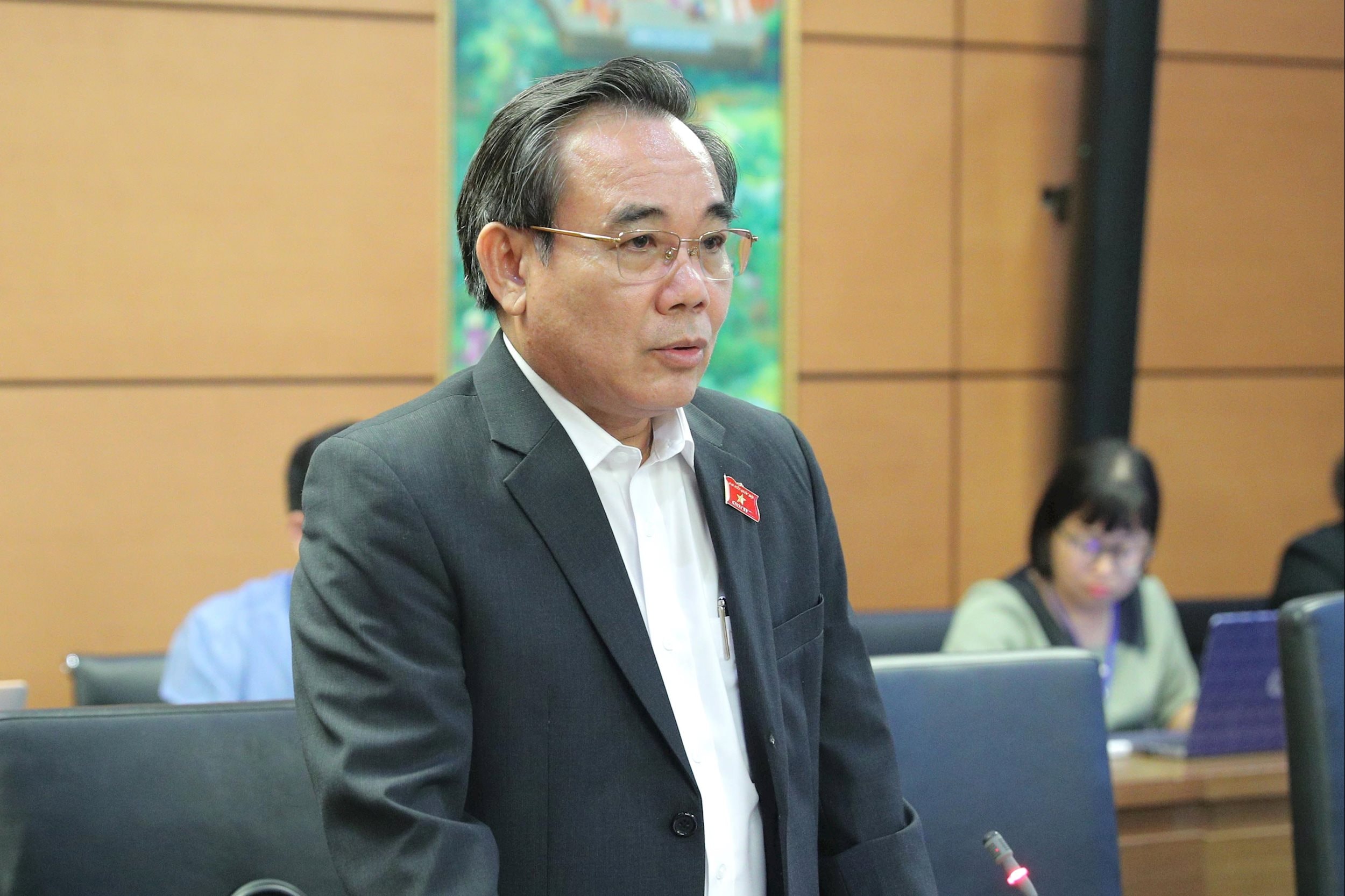
Considering this an “abnormal” problem and not entirely due to climate change, the delegate emphasized: it is necessary to seriously consider and re-evaluate the planning, planning management and construction management in urban areas, especially in newly developed urban areas, to see if it ensures a long-term vision for sustainable urban development. Because if not, “urban areas will develop more and more rapidly and narrowly, and every time it rains, it will flood”.
The delegate cited that in the past, it could rain for up to 10 days without causing flooding, but now it only takes 1-2 days of rain to cause flooding, and this trend is happening in urban areas in mountainous and highland areas.
Explaining the cause, the delegate said that there are many shortcomings in urban management. “We have set inappropriate standards and criteria that do not ensure urban sustainability, and that is one of the many reasons leading to the recent flooding situation.”
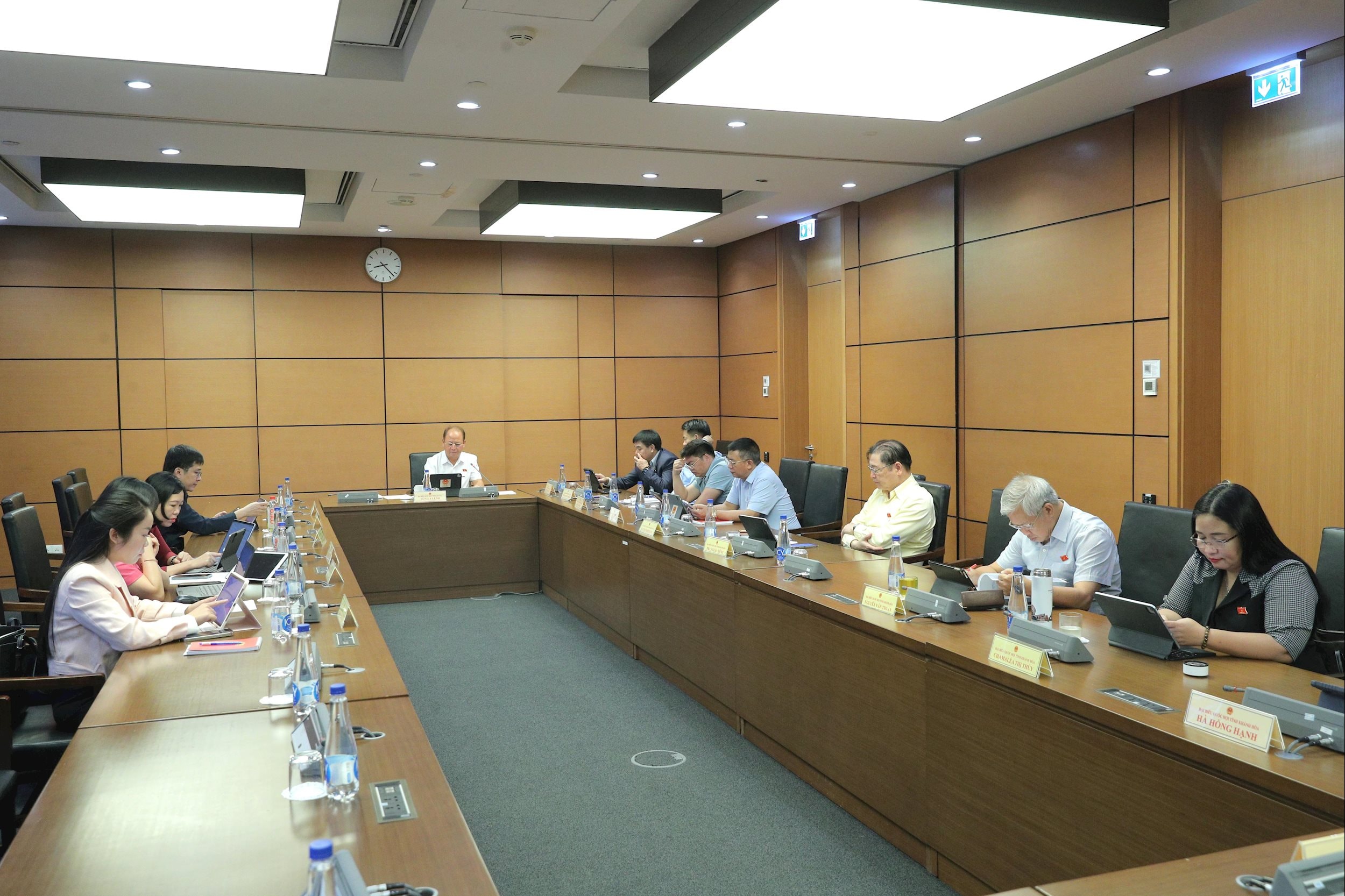
Citing the reality in Hanoi recently where there has been flooding in some new urban areas, while the area built by the French hundreds of years ago has not been flooded, the delegate asked: "Is this due to climate change or is it because we have not ensured the synchronization of infrastructure and the connection of technical infrastructure with each other?"
From that, the delegate said that it is necessary to evaluate and put this issue at the center and importance of the draft Law on Construction.
"In the institution of the Construction Law and the upcoming Law on Urban and Rural Planning, it needs to be considered that everything starts with planning work. Whether reality is in accordance with the planning starts with the work of examining, evaluating, and setting construction standards and regulations," the delegate said.
Clear responsibilities of the consulting unit
In addition, the draft Law also raises the issue of simplifying administrative procedures for construction permits. According to delegate Le Huu Tri, in recent times, although there have been regulations on granting construction permits, illegal construction, construction not in accordance with planning, and construction not at the right height is still common.
“We are implementing a new policy, which is very appropriate, which is to exempt construction permits. But the remaining issue is to have a mechanism to control and handle, ensuring that construction works comply with planning.”
Unfortunately, "this is one of the purposes of amending the Law this time, but this has not been clearly stated in the draft Law," the delegate acknowledged.
In addition, according to delegates, the draft Law needs to ensure consistency with the Law on Planning and the Law on Urban and Rural Planning; it is necessary to clearly define the responsibilities of consulting units as well as the responsibilities of competent persons to appraise and approve designs and planning documents.
Another issue related to construction work pointed out by delegate Le Huu Tri is the situation in urban areas where "wherever there is an empty space, they move construction and urban areas there without synchronously assessing the infrastructure". This leads to the situation where roads and sidewalks are dug up to replace electric wires and telecommunication cables as soon as they are completed.
This is an issue that needs to be raised in the draft Law to have a mechanism to overcome it. “Without a strong transformation, our urban areas will always be behind the world ,” delegate Le Huu Tri worried.
Believing that the draft Law has many innovations, administrative procedure reforms, decentralization and delegation of power in construction, National Assembly Deputy Nguyen Huu Toan (Lai Chau) basically agrees with many contents of the draft Law.

However, to complete the draft Law, delegates proposed that some content should be added.
Specifically, the prohibited acts (Article 15) are quite clearly regulated. However, Clause 1 stipulates that "construction works that obstruct flood drainage and water circulation without remedial measures" need to be reconsidered.
According to the delegate, this regulation regulates the construction activities of the people. If they build according to the planning, but the planning does not take this into account ( flood drainage, water circulation - PV ), then this is the responsibility of the management agency. Therefore, the draft Law needs to clarify this content, only in the case of construction not according to the planning, causing obstruction of flood drainage and water circulation is it a violation.
Article 15 also prohibits the use of constructions that are not in accordance with their intended purpose or function. According to the delegate, this content is very broad and should be reviewed to ensure it is within the scope of the Law.
Source: https://daibieunhandan.vn/mien-giay-phep-xay-dung-nhung-can-co-co-che-kiem-soat-10394645.html




![[Photo] Closing of the 14th Conference of the 13th Party Central Committee](https://vphoto.vietnam.vn/thumb/1200x675/vietnam/resource/IMAGE/2025/11/06/1762404919012_a1-bnd-5975-5183-jpg.webp)

![[Photo] Prime Minister Pham Minh Chinh receives the delegation of the Semiconductor Manufacturing International (SEMI)](https://vphoto.vietnam.vn/thumb/1200x675/vietnam/resource/IMAGE/2025/11/06/1762434628831_dsc-0219-jpg.webp)

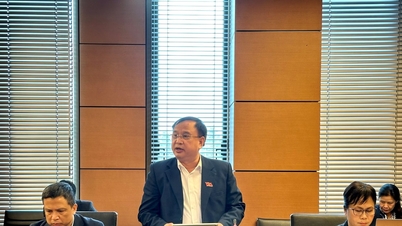
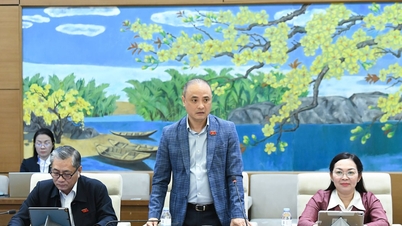


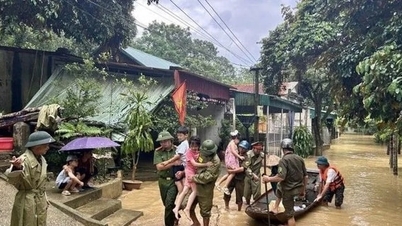

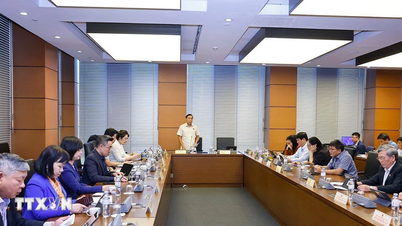

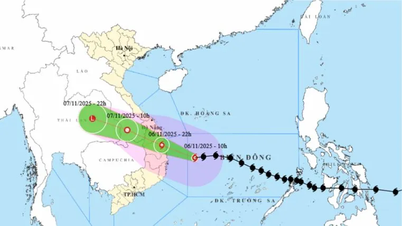
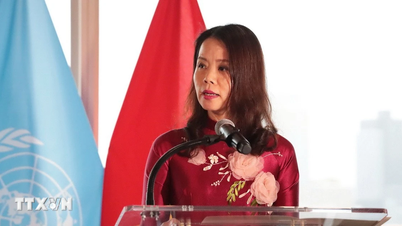
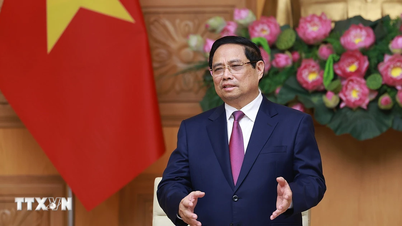


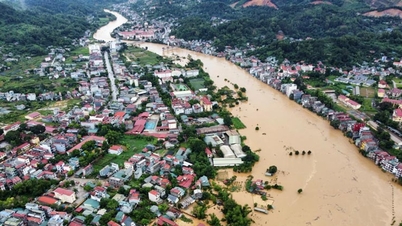
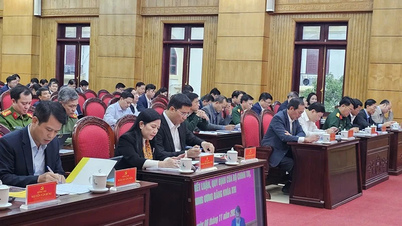






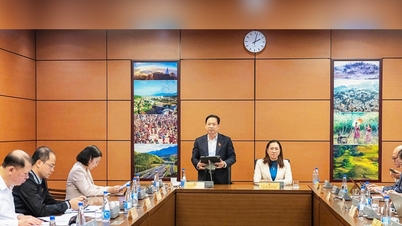
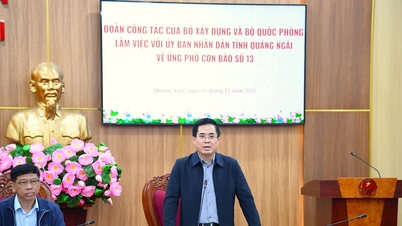
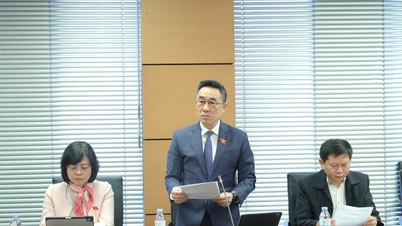

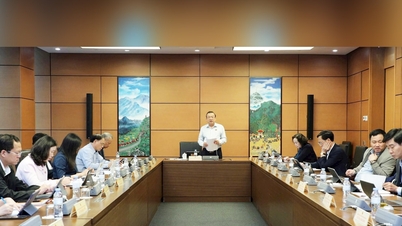




































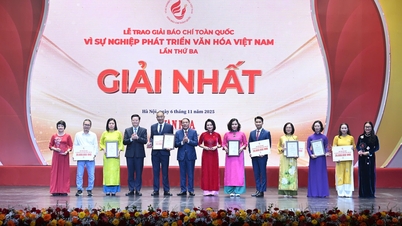

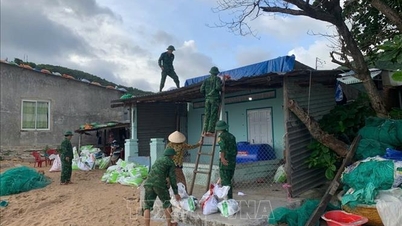

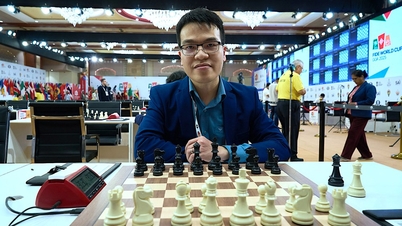









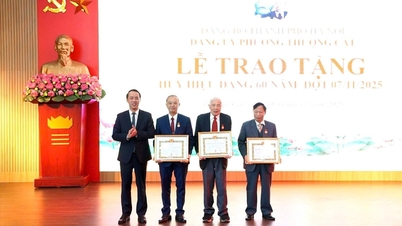
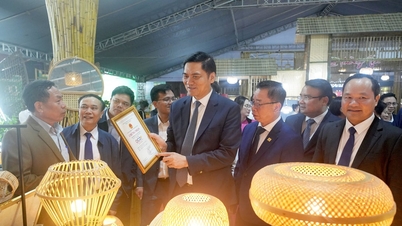

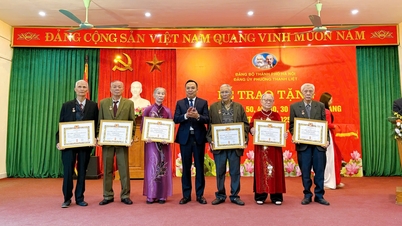

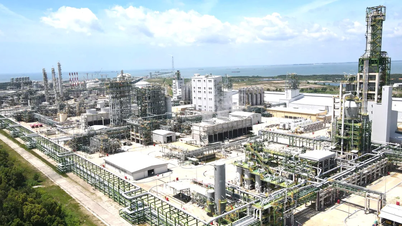















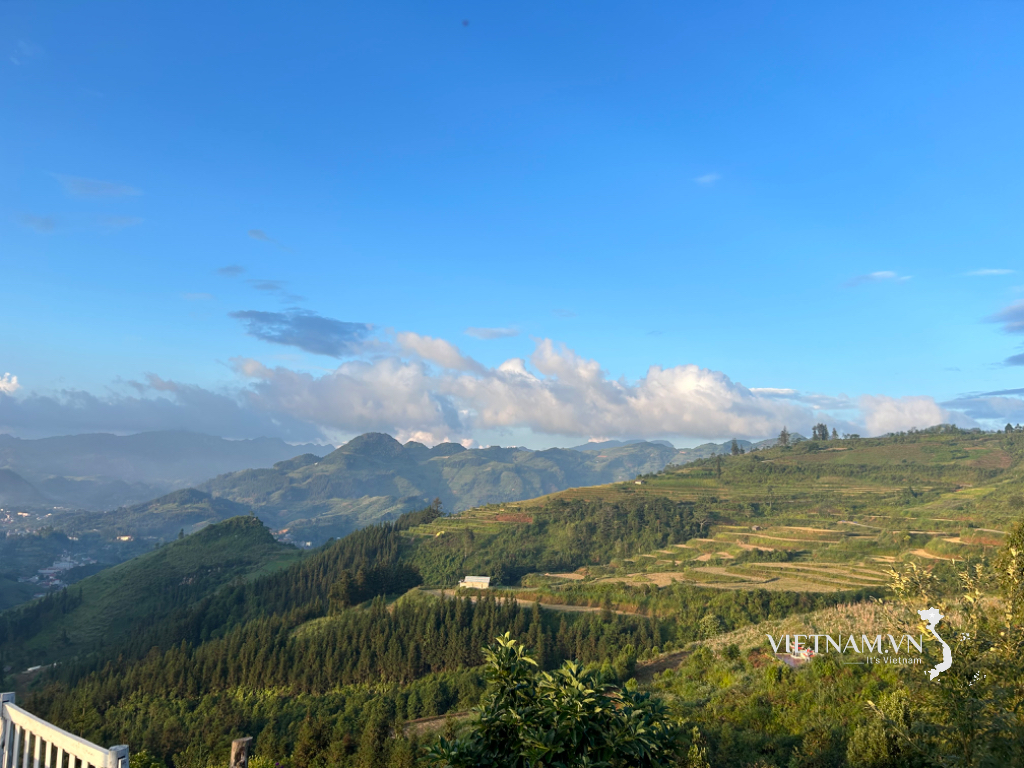

Comment (0)